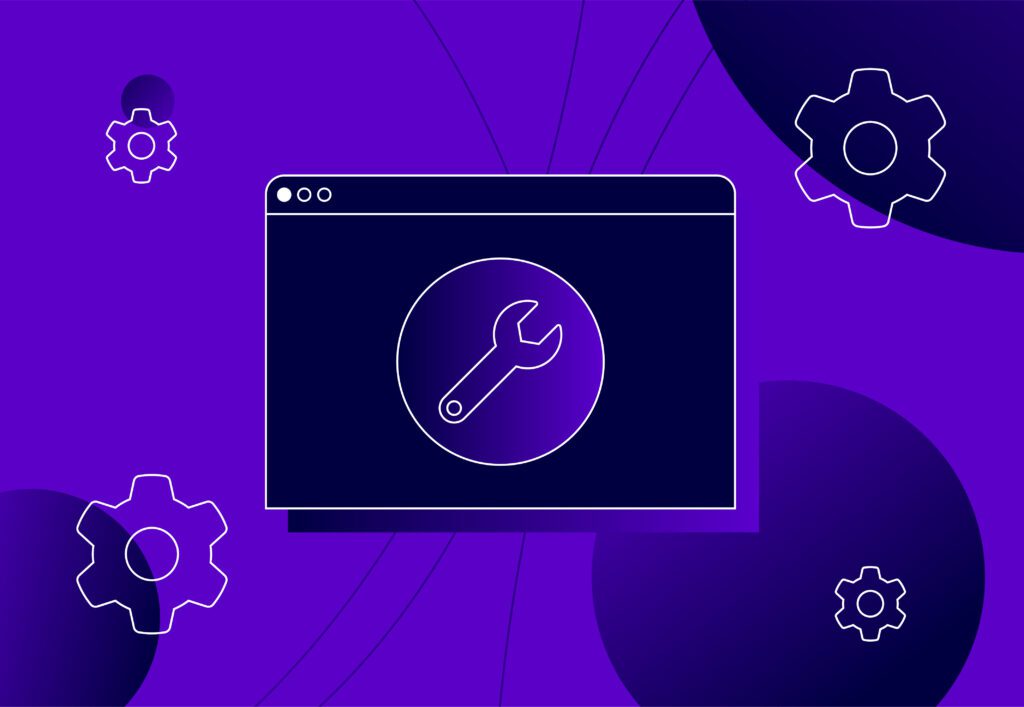
March 2024 Core Update reflection

After a long and intense 45 days of rolling out, the Google March 2024 core update finally concluded on 19th April 2024.
As SEOs, it’s not very often we get a heads-up that an update is coming, so when we do, we know the impacts could be detrimental to rankings and organic performance.
Google, the search engine giant, continue to amend and update their algorithms in order to provide us, as users, with the most accurate, informative and useful results – no matter what the search. In recent years, algorithm updates have been coming thick and fast, meaning that keeping up to date with all of the changes along the way is crucial to continue your organic success. As SEO’s this can be frustrating to keep up with, and it feels like as soon as you’ve understood the impacts of one update, you’re hit with the next.
But Google isn’t doing this to annoy us as SEOs, they’re doing it to benefit the user and ensure that users stick with them to provide the best information they can on any given topic.
So, what do we know about the update?
From analysing an array of sites and monitoring the industry chatter, we’re well aware of Google’s intentions with this update. Google was aiming to reduce spammy content in search by over 40%:
“We believe these updates will reduce the amount of low-quality content on Search and send more traffic to helpful and high-quality sites. Based on our evaluations, we expect that the combination of this update and our previous efforts will collectively reduce low-quality, unoriginal content in search results by 40%.”
The main goal of this update was to address low-quality content on the web and to react to the masses of spam content which is now being created online each and every minute.
Following the spike of webmasters publishing AI-generated content, this update was always on the horizon, in my opinion. As a user, would you want to be scouring the web for new information, products and services, to be hit with spammy, imprecise content?
Not only that, but content generated using AI is often repetitive and cites the same sources over and over again. AI in the wrong hands can be very dangerous, and if Google was presenting such content (especially for YMYL categories) then they’d be in trouble too!
In a recent blog, Google has stated the following about ‘scaled content abuse’:
“We’ve long had a policy against using automation to generate low-quality or unoriginal content at scale with the goal of manipulating search rankings. This policy was originally designed to address instances of content being generated at scale where it was clear that automation was involved.
Today, scaled content creation methods are more sophisticated, and whether content is created purely through automation isn’t always as clear. To better address these techniques, we’re strengthening our policy to focus on this abusive behavior — producing content at scale to boost search ranking — whether automation, humans or a combination are involved. This will allow us to take action on more types of content with little to no value created at scale, like pages that pretend to have answers to popular searches but fail to deliver helpful content.”
But it’s not all about AI…
As with any core update, it would be rare for Google to release a very targeted algorithm update, aimed at just one area. Post analysis, we believe that this has also been rolled out for a number of other reasons.
This includes putting more focus on user experience (UX), using factors such as page load speed, mobile responsiveness and overall site usability. These are areas which Google continues to emphasise with every rollout as they tweak their algorithms further to ensure they’re presenting the best result possible to each user.
Local SEO
It’s also believed that the March 2024 Core Update has continued to focus on improving results depending on your geographical location. Local SEO has been a key focus for many sites for a number of years now, but we’re seeing more and more localised results appearing in broader searches. This has not only meant that local businesses have seen their local presence soar after the update, but larger businesses in physical locations have too.
Authority & Trust Signals
As it has been for many years, Google continues to emphasise the importance of building authority and trust with users, through the medium of backlink acquisition. Backlinks are great signals to both users and crawlers that your brand has been recognised and referenced by other sources; hence improving the E-E-A-T of a website.
Therefore, during the March Core Update, it’s believed that Google continued to tweak their algorithms which are used to measure the trust and authority signals for sites. They’ve also continued to crack down on manipulative link-building tactics such as link purchasing and link schemes, especially when altering their algorithms and penalising any sites which try to manipulate the rankings.
Speed & Core Web Vitals
As with many recent updates, Google has continued to prioritise page speed and CWV (core web vitals) metrics such as LCP (largest contentful paint), INP (interaction to next paint) & CLS (cumulative layout shift).
Google continues to emphasise the importance of page speed, as this not only enhances the crawler’s experience in navigating the site but also the user experience.
I’m sure you’ll agree when I say we’ve all been there… scouring the web to find the answer to your question, or when you click a link thinking you’ve found the product you’re after, then the circle of doom appears. The images won’t load and content is jumping about the page. Yep, we’ve all been there. We’ve all left the page too. This is literally the last thing Google wants for its users, and therefore, they’ll continue to penalise sites which are too slow to load.
Impacted by the March 2024 core update?
If your site has been hit by the March 2024 core update, don’t panic.
As with all core updates, it’s expected that we will see fluctuations within the SERPs, whether you see direct loss or gains from your site, or knock-on impacts from competitors losing or gaining.
When you’ve seen a loss in traffic and rankings, it can be daunting to know where to start. Get in touch with our team of experts today, who can give insight into what’s happened, why you’ve been impacted and most importantly, help put together the perfect organic strategy for recovery.



